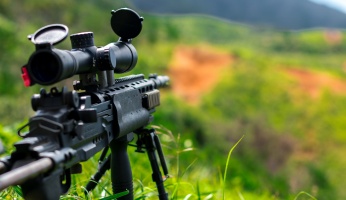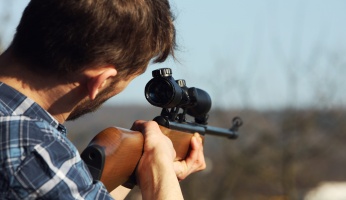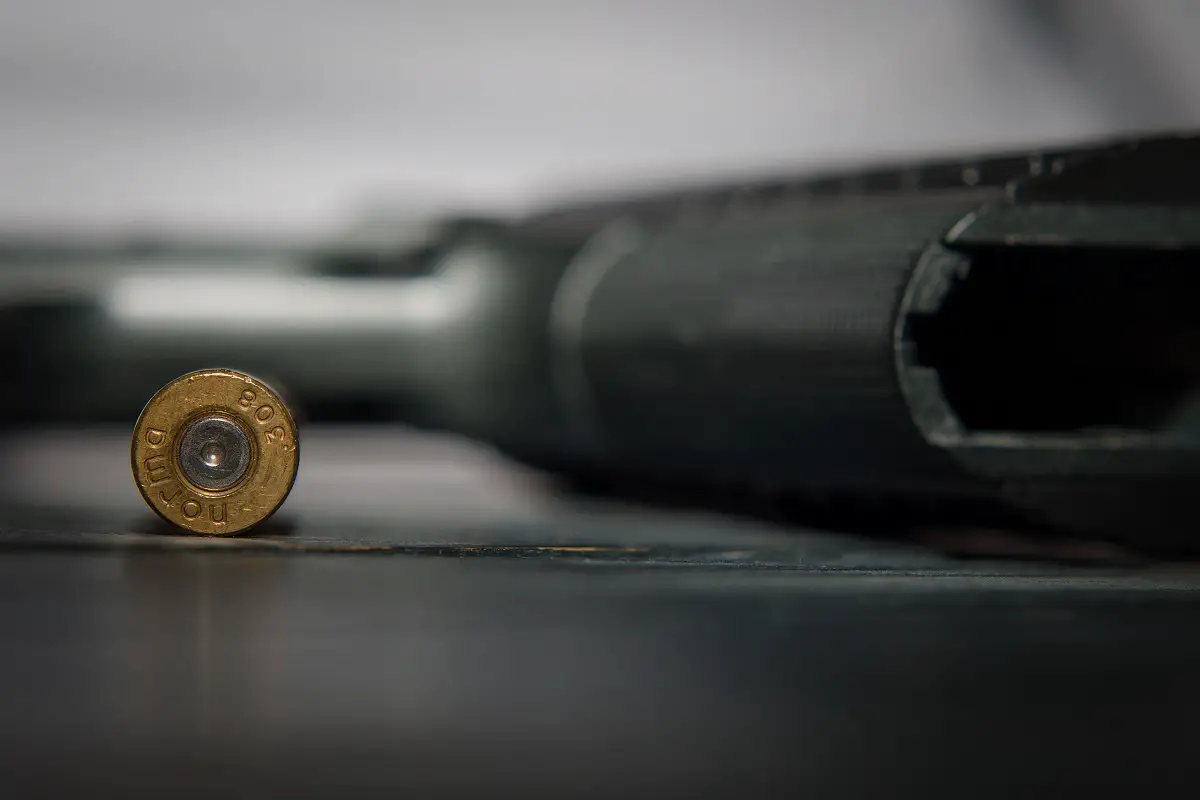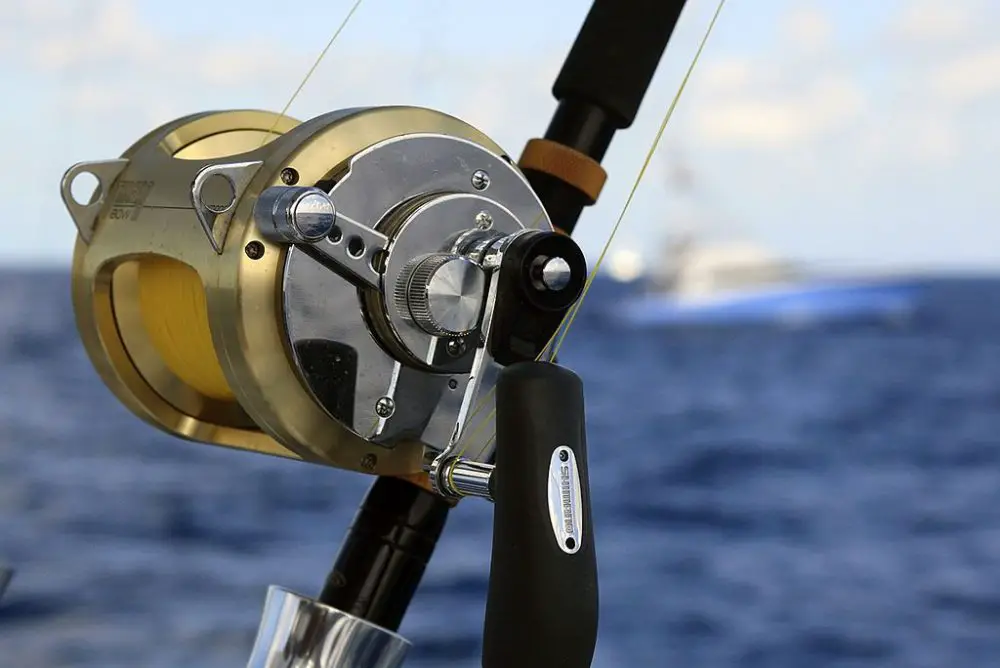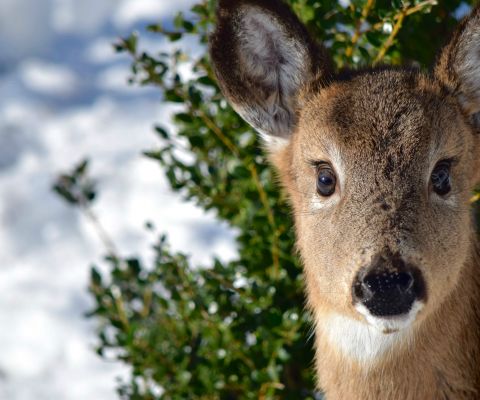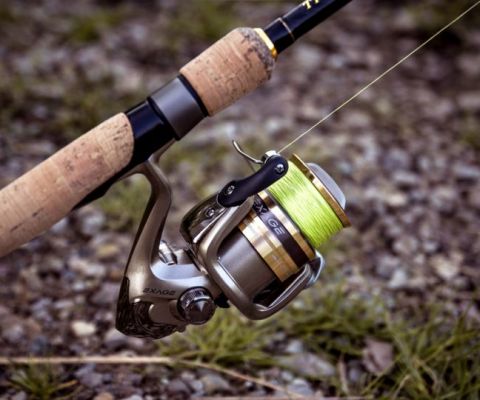How Sport Hunting Works: A Complete Guide
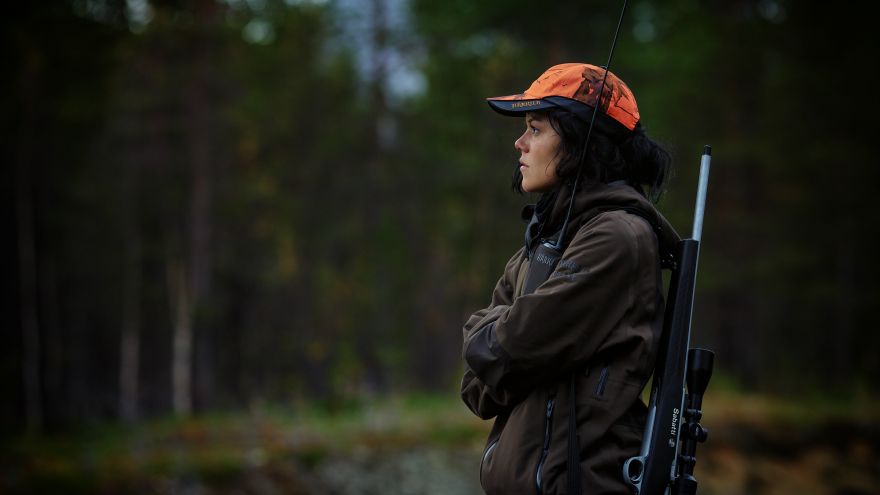 How Sport Hunting Works: A Complete Guide
thegearhunt.com
How Sport Hunting Works: A Complete Guide
thegearhunt.com
So, you have decided that you want to learn how to hunt? Good for you! I applaud your gumption and curiosity. Getting to where you even just look for information on the sport is something that many Americans will not ever do in their lives. For that reason, there is this post.
Learn How to Hunt
When it comes to learning how to hunt, there are really only 2 different things that happen. The first thing is the one that is the most obvious. You need to learn about hunting. The second thing is just as important and that is an evolution when it comes to personal thought. The first process might actually lead to the second. The more knowledge that I gained regarding hunting, the more novel dilemmas and questions I exposed myself to. Having to consider these issues led to a reconsideration of some of the opinions I have held in other areas. Transferring my views from those of a vegan to a carnivore who is considerate took quite a bit of effort cognitively speaking. Would I be able to philosophically justify the killing of a living creature? Would I actually be able to do it? These are some of the things that you will also need to think about and find the answers to.
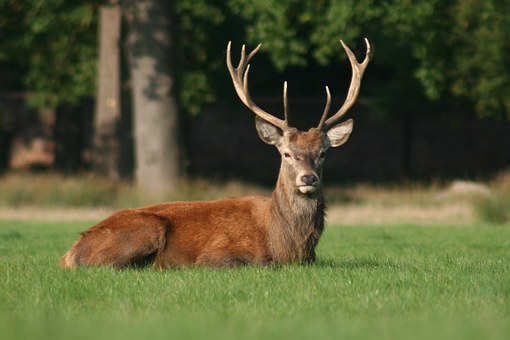
How to Get a Hunting License
In most of the states in the USA, you will need to participate in a hunter education course in order to get a hunting license. Many of the courses of this nature are only a few days long. However, becoming a hunter will involve learning throughout your lifetime, so don’t expect to get too much from courses of this nature. That said, it will give you a basic introduction when it comes to some of the more critical topics regarding hunting.
What are Tags?
When it comes to hunting, some of the questions that appear to be the most basic are also some of the ones that are the most difficult when it comes to finding answers for. The truth of the matter is that tags and hunting seasons are quite complex and can vary from one state to the next. We will break down a few of the basics for beginners here, but you will ultimately find the answers regarding your local regulations only by spending a bit of time looking through the hunting agency website for your state.
Guns and Gun Safety
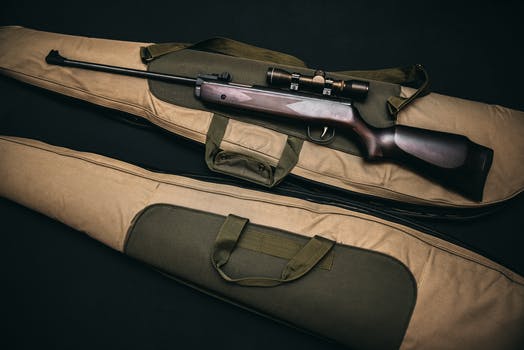 Some people, including me, didn’t grow up around guns, and that can make the topic one that is a bit intimidating. The idea of holding and then shooting one can be even more so. I have heard from quite a few people who are curious regarding hunting that an aversion to guns can be one of the largest barriers when it comes to learning how to hunt. I know from experience that it was a barrier for me. However, since then, I have learned to use them safely. It is critical, before you even purchase one, that you need to have a plan for storing it safely. It is also critical to have given considerable consideration to gun safety and to use those principles religiously.
Some people, including me, didn’t grow up around guns, and that can make the topic one that is a bit intimidating. The idea of holding and then shooting one can be even more so. I have heard from quite a few people who are curious regarding hunting that an aversion to guns can be one of the largest barriers when it comes to learning how to hunt. I know from experience that it was a barrier for me. However, since then, I have learned to use them safely. It is critical, before you even purchase one, that you need to have a plan for storing it safely. It is also critical to have given considerable consideration to gun safety and to use those principles religiously.
A Gun to Start With
Once you become more familiar with both guns and how to safely handle them, it will be time to think about which gun to purchase. In my humble opinion, a rimfire rifle will be the best option to start with. The ammunition for it is not too expensive, it has a manageable recoil, this gun allows for building your marksmanship, and they are also capable of bringing down smaller game animals, which are the ones to start with.
Ammo
When it comes to lead ammo, unless you reside in California, where this type of ammo will soon be banned when it comes to hunting, this is a decision that will differ from one person to the next. Personally, I decided to use ammo that isn’t lead for 2 main reasons. The first reason is that lead is more toxic when compared to other options, that being said, there isn’t a bullet out there that is really ideal. I just prefer to lessen the degree to which the lands where I hunt are exposed to those toxins. The second reason is that because lead ammo will soon not be legal where I hunt, I might as well just get used to using ammo made from other materials. When it comes to ammo, this is a personal decision, but you should take a deeper look at the issue and form your own opinion.
Making the Range Less Intimidating
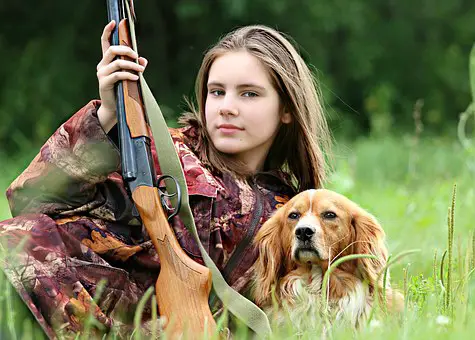 I remember the first time I was at the range. I was incredibly self-conscious. Everything that I knew about guns had been learned only recently. I wasn’t concerned about not being safe, because I had drilled all of the safety precautions into my brain. That being said, what if I screwed up something else? What if my status as a newbie was totally obvious? Would all of the tough guys out at the range be difficult about it? It was fortunate that all of my concerns were actually nothing to be worried about ultimately. After a few times shooting at the range, I realized that my concern was unwarranted. Now, it is an environment that is much more comfortable.
I remember the first time I was at the range. I was incredibly self-conscious. Everything that I knew about guns had been learned only recently. I wasn’t concerned about not being safe, because I had drilled all of the safety precautions into my brain. That being said, what if I screwed up something else? What if my status as a newbie was totally obvious? Would all of the tough guys out at the range be difficult about it? It was fortunate that all of my concerns were actually nothing to be worried about ultimately. After a few times shooting at the range, I realized that my concern was unwarranted. Now, it is an environment that is much more comfortable.
Becoming an Accurate Shooter
Once you have gotten comfortable with all of the aspects of gun safety, and you have chosen both your gun and your ammo, it will be time to get accurate and comfortable with the gun. If this is something that you really want to do – and hunting successfully kind of requires it – it will be helpful to follow a few basic principles when it comes to marksmanship.
What About Bowhunting?
Quite a few hunters who are new to the game prefer archery. However, are a bow and arrow a good decision for beginners? How does this compare to hunting with a gun? There are quite a few factors to take into consideration. These include ethics, how easy or hard it is to learn, and the cost. What type of animal you choose to hunt, along with where and when you will hunt are also critical to this decision. In the end, though, hunting with a bow or a gun should come down to your personal preference.
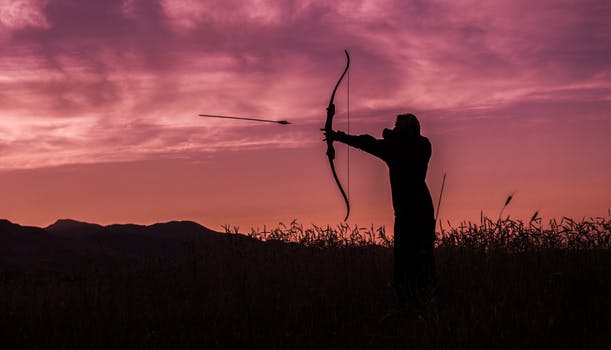
Where to Hunt
The answer to where to hunt will heavily depend on which part of the country you live in. If you live on the west side of the US, there is a good chance that you will be able to hunt on vast amounts of public lands. If you happen to live in the east, there is far less public land. You might end up needing to find a bit of private land where you will be able to hunt.
Are There Animals There?
Once you have found a spot where it is legal to hunt, you will need to determine if there are areas in that spot that will be more suitable for whatever you are aiming to bag. The traditional option for gaining this information is to lace up your boots and walk the area. That being said, now that there is the wondrous internet, you might also be able to e-scout the area. You can use things like Google Maps in order to locate areas that will be the most suitable habitat for what you are hunting.
Camouflage
If you go up to someone and ask them what a hunter should look like, the description you get will invariably include some sort of camouflage. Is it necessary for your hunt to be successful? The answer will vary depending on what you are hunting and the weapon you will be using.
Are Rifle Scopes and Binoculars a Necessity?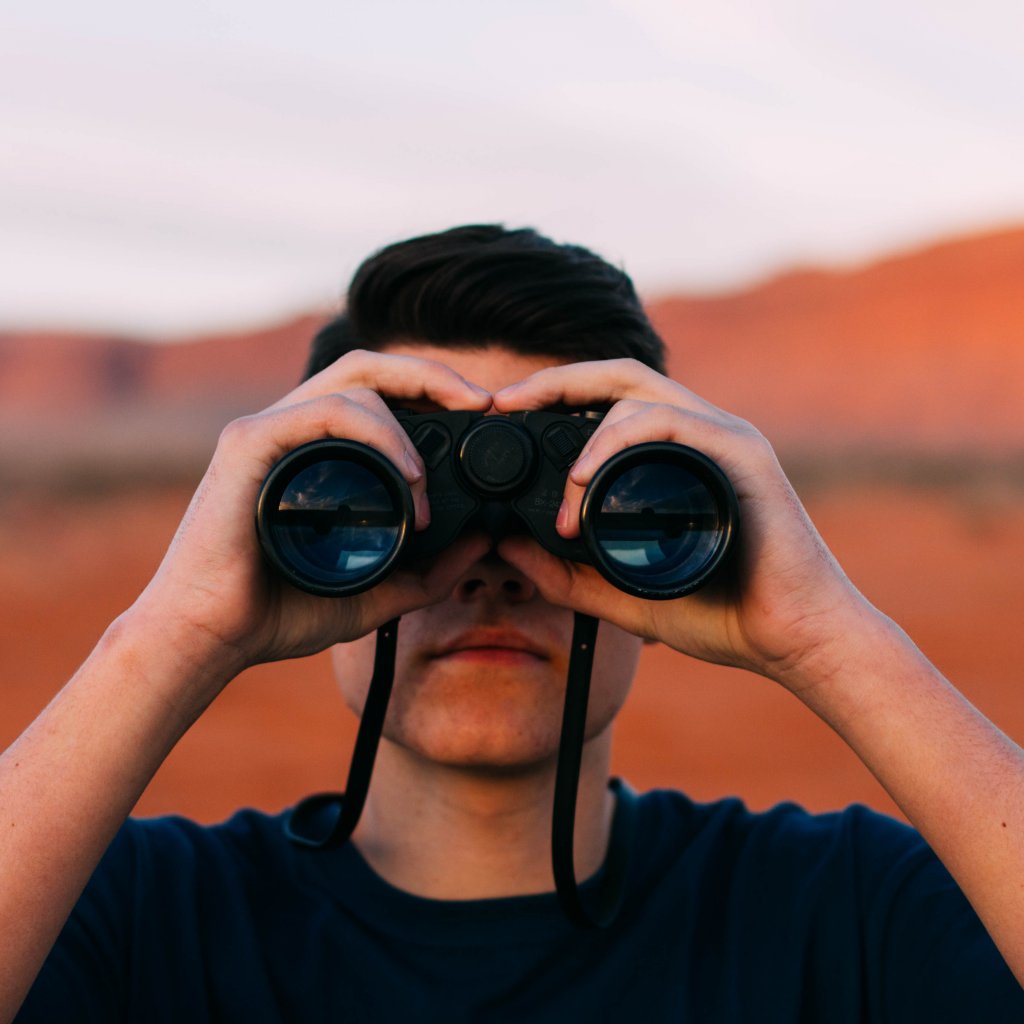
When it comes to the first time you will be hunting, selecting the ideal optics will be important. Not having what you need can be a costly lesson. Good optics are quite useful when it comes to western hunting, where you might have the ability to see for miles around. These are also helpful when it comes to the denser locations in the east, but maybe not as critical. Probably the most important thing you will learn when it comes to your optical gear is to decide what is necessary the first time around so that you won’t have to keep buying and trying different options.
Scent Control
We all know that when it comes to the sense of smell, animals have stellar ones. This can be an issue for those hunters who want to be able to move through the wild without being detected. There is a massive line of gear that will assist hunters when it comes to concealing their scent, from deodorant made specifically for hunters to special clothing that is scent resistant. Scent control can be quite important if you want to be able to hunt successfully, but it can be sufficiently accomplished without having to resort to fancy tech. Use the wind to your advantage and try to eliminate strong scents in your normal environment. These are 2 of the most important things you can do.
If You Have Little Outdoor Experience
This might be one of the aspects of hunting that can be the most intimidating. The thing is, it doesn’t have anything to do with hunting. You might be an urbanite who was raised in the city. You might have parents who never hunted, never fished or camped out. You might not go camping until high school and hiking until college. You might not go hunting until grad school or beyond. However, the point is that you need to do these things with both confidence and regularity. Don’t allow the lack of outdoor experience to deter you if you want to hunt. Just consider it as an opportunity for learning.
You might want to take a few hiking or backpacking trips with a friend or two. Once you have done that, try a solo trip. It might not be the greatest of experiences, but you can learn quite a bit from it. When hunting season is in full swing, it is common to spend all of your weekends out in the boonies. Because of this, it is best to get used to it.
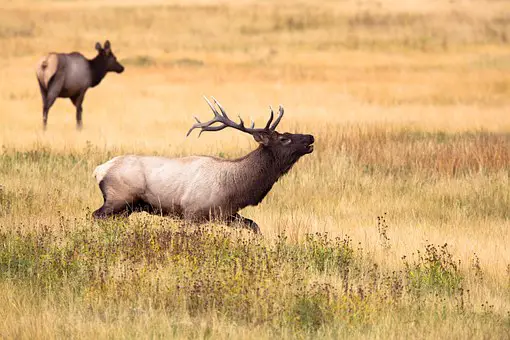
Processing Your Kill
This is one of those questions that is asked with regularity by new hunters. It can also easily be the aspect of hunting that is the most intimidating. How do you take an animal apart once it has been killed? There is a library’s worth of videos and links online that show you how to field process all sorts of wild game. How did I learn to make a deer and a jackrabbit into meat? I watched videos and read the instructions. In all honesty, this way of learning isn’t too much different from how the knowledge has been handed down through the generations. You watch someone else doing it, and then you try it yourself.
The Taste of Wild Game
If you weren’t raised by hunters, you might not have any experience when it comes to eating wild game. You may have heard mixed reviews when it comes to eating wild animals, such as they taste weird or gamey. Deer might be akin to beef and pheasant might be akin to chicken, but it isn’t uncommon for newer hunters to face a bit of uncertainty when it comes to what the animals they hunt will taste like. However, don’t be surprised to find that they are delicious and can be a pleasure to eat.
Staying Motivated
Hunting won’t be successful every single time you go out. In fact, even after you have gotten a few years of experience under your belt, you can still come home with no game. This is normal. Don’t go out the first time expecting to be successful. Focus instead on enjoying the process of learning and relishing the time that you will be spending outdoors. You will make quite a few mistakes. You will learn from them. You might even go an entire season without spotting a deer. However, when you do find and kill one, all of the effort you put in will be validated. Remember that even though hunting can be rather frustrating at times, in the end, it will be worth it.
Sources
- You Tube, How to Hunt Deer: Deer Hunting Rifles
- Grand View Outdoors, Spot and Stalk Hunting for Beginners
- Ohio DNR, Hunting for Beginners
- Outdoorzy, 10 Steps to Start Hunting for a Beginner





